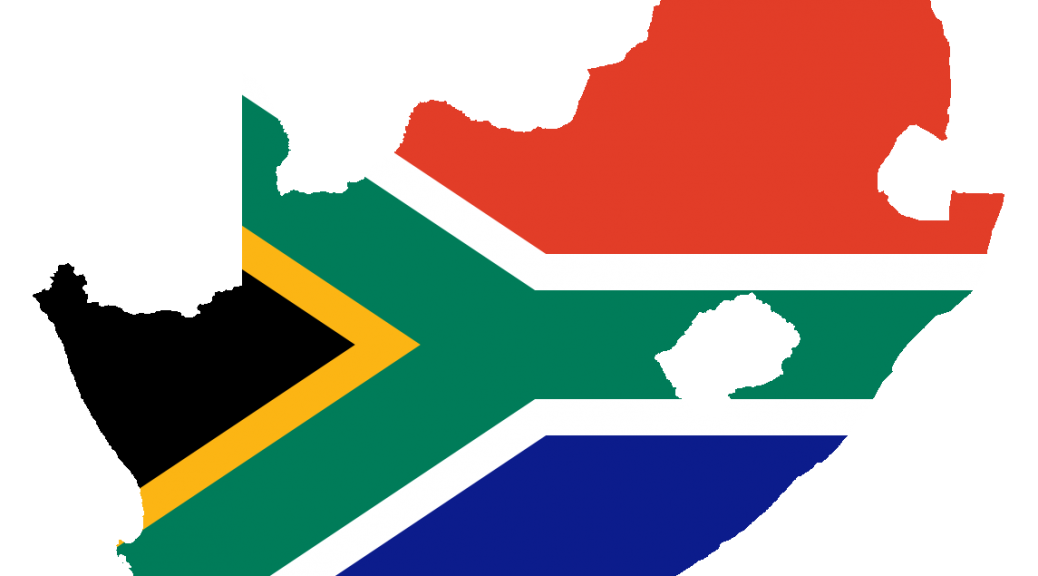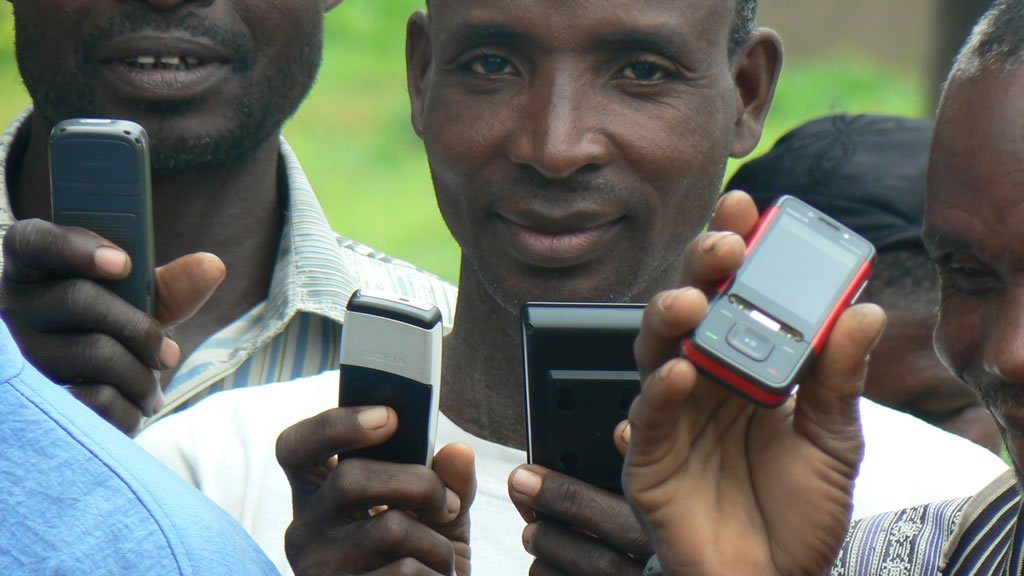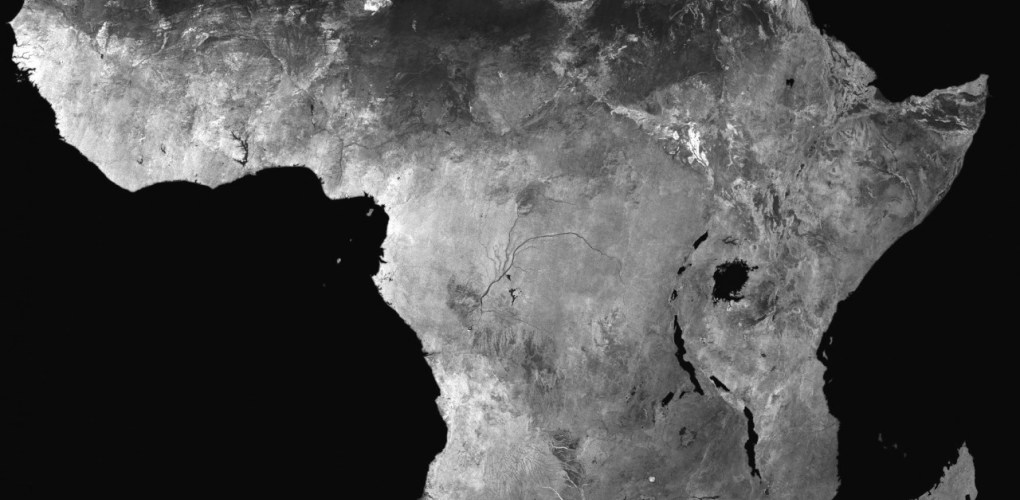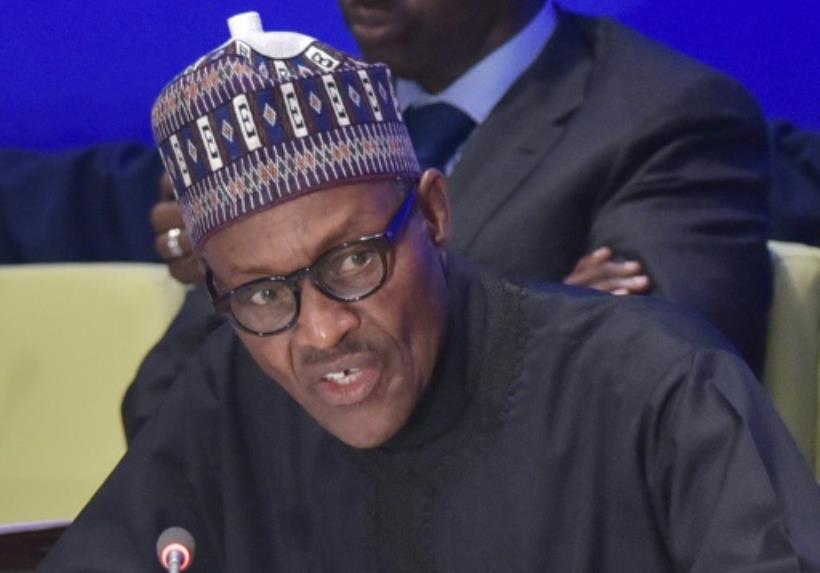South-Africa has been known as the continent’s second largest economy since Nigeria rebased its gross domestic product (GDP) data in early 2014. However, the International Monetary Fund’s World Economic Outlook, released in mid April 2016, revealed that the South African economy is now only the third-largest economy on the continent after Nigeria und new silver medallist Egypt.
By the end of 2015, Nigeria’s GDP was estimated at US$ 490 billion, followed by Egypt with US$ 324 billion and South-Africa with US$ 313 billion.
Egypt overtook South Africa mainly owing to the slump of its currency, the Rand. As a result, the nominal dollar value of South Africa’s GDP has dropped by an average of almost 7 percent a year over the past four years.
South Africa, however, remains the continent’s most developed economy and has a more diversified base than any other on the continent. It is ranked as an upper-middle-income economy by the World Bank – one of the only four countries in Africa (alongside Botswana, Gabon and Mauritius).
Source: African Courier, June/July 2016
 afric-Invest
afric-Invest



